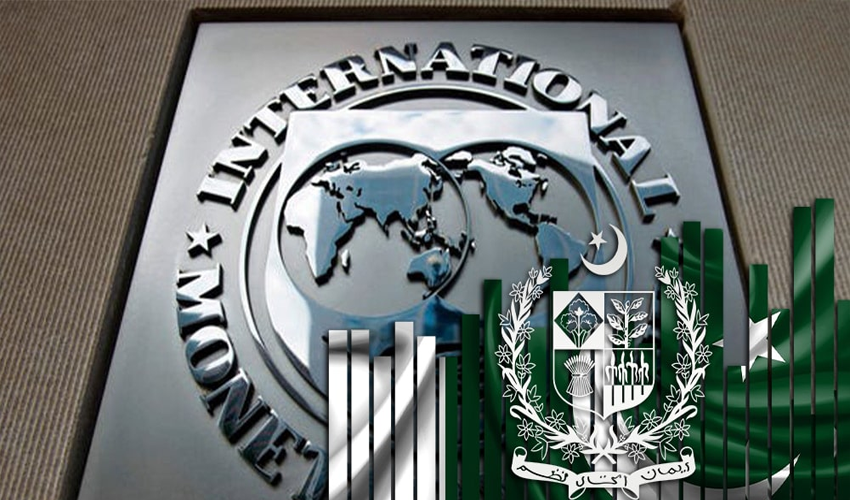- Web Desk
- Feb 19, 2026
IMF board to decide on $700 mn disbursement for Pakistan
-

- Hum News
- Nov 21, 2023

ISLAMABAD: The International Monetary Fund’s (IMF) Executive Board is set to convene on December 7 to consider the approval of the Staff-Level Agreement (SLA) with Pakistan for the initial review of the $3 billion Stand-By Arrangement (SBA).
The review could lead to the disbursement of approximately $700 million on December 8.
According to Dawn.com, in an end-of-mission statement, it was disclosed that the SLA had been reached between the IMF staff and Pakistani authorities on November 15 in Islamabad.
The agreement enables Pakistan to access SDR 528 million (around $700 million), bringing the total disbursements under the nine-month $3 billion SBA to almost $1.9 billion.
Caretaker Finance Minister Dr Shamshad Akhtar later announced the postponement of a $1.5 billion Eurobond launch due to adverse global financial conditions.
Read More: Applicants face delays in getting passports despite paying urgent fees
Additionally, the minister committed to regularly adjusting electricity and gas rates to prevent further accumulation of circular debt.
The IMF mission emphasised the importance of a market-determined exchange rate and highlighted potential risks arising from geopolitical tensions, rising commodity prices, and challenging global financial conditions. It also urged continued efforts to build resilience.
The reports indicate that the quarterly review with the IMF marked a smooth process, with most quantitative targets being met. The talks, spanning nearly two weeks from November 2-15, resulted in the immediate announcement of the SLA. The SBA was initially signed in July, with an upfront disbursement of about $1.2 billion.
The IMF’s statement outlined that the agreement supports Pakistan’s commitment to fiscal consolidation, cost-reducing reforms in the energy sector, a market-determined exchange rate, and state-owned enterprise and governance reforms to attract investment and support job creation.
The IMF noted a nascent recovery anchored by stabilisation policies under the SBA and highlighted signs of improved confidence.
While acknowledging progress, the IMF warned of external risks, including geopolitical tensions and commodity price increases. It reiterated the importance of macroeconomic sustainability, fiscal consolidation to reduce public debt, and continued efforts to achieve a primary surplus.
The agreement also touched on reforms in the energy sector to reduce costs and restore viability. The IMF acknowledged substantial tariff increases, deemed necessary to avoid arrears and ensure the viability of critical energy sectors.
The return to a market-determined exchange rate and rebuilding foreign exchange reserves were stressed as key priorities.




